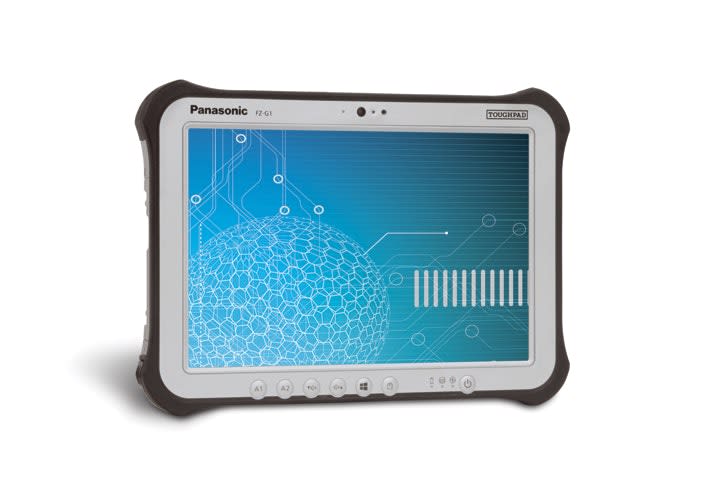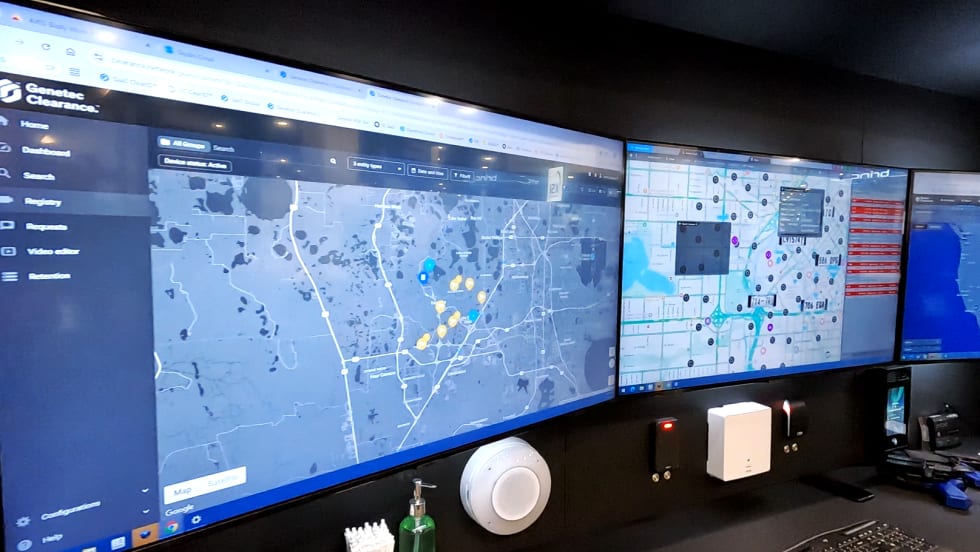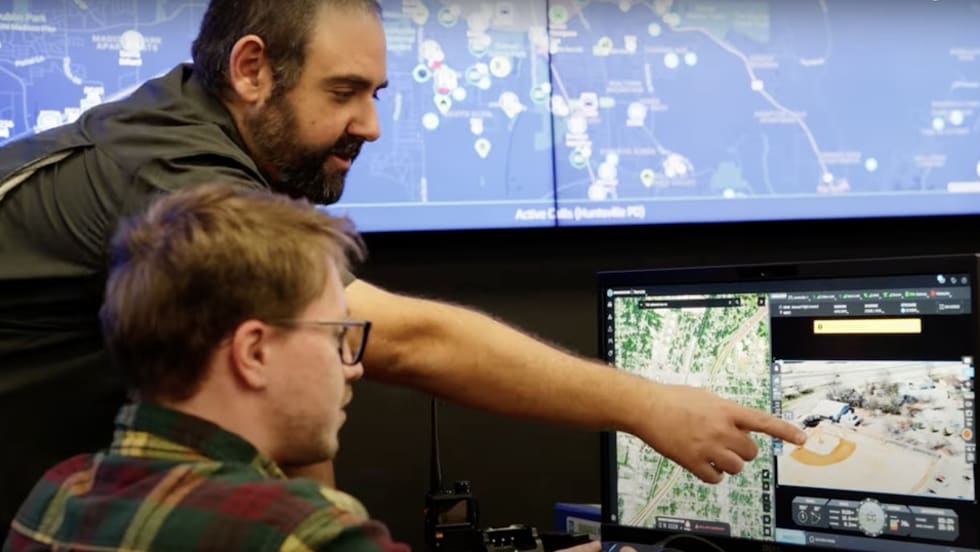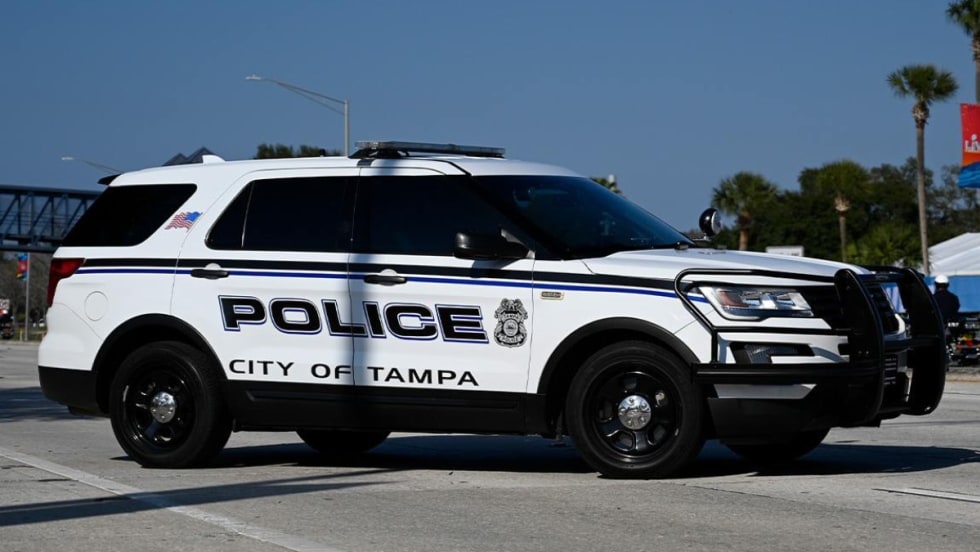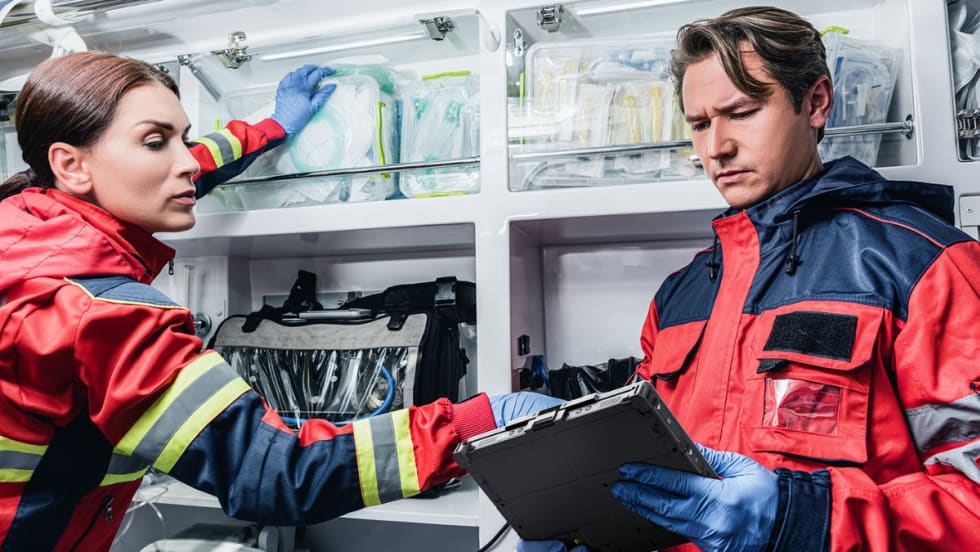How tablets will comply with CJIS authentication is certainly going to be a complication. It's likely that these systems will use some form of software token to generate random passwords. The reason for this is simple, many tablets do not have USB ports that could be used with hardware tokens.
Also some officers may resist the transition from laptops to tablets because they believe the tablet screens are too small to be an effective alternative. This is largely an optical illusion, since the usable display real estate of a full-size tablet is not significantly less than that of a small laptop.
Perhaps the greatest difficulty that agencies making the switch from laptops to tablets will face is deciding what tablet will serve their needs. Tablets generally operate on one of three operating systems: Apple's iOS, Google's Android, and Microsoft's Windows. For anything more than a complementary tool to an in-car computer, Apple and Android are not really a viable choice. Most critical law enforcement software solutions like computer-aided dispatch run only on Windows. Most patrol tablets used to replace laptops are probably going to be Windows models. And for the near future they are going to be Windows 7 because most law enforcement software companies have not embraced Win 8.
Several manufacturers of rugged law enforcement computers offer Mil-Spec tablets that run Windows 7. But another question that agencies will face when choosing mission critical tablets is whether to pay the cost for ruggedization when consumer tablets are much cheaper and can be encased in impact-resistant and water-resistant cases for nominal cost. But before an agency loads up on consumer tablets, there are major issues that need to be considered. For example, consumer tablets are not built for mission critical police work.
Tablets are solid state so they are not as prone to the vibration damage that most consumer laptops would face rolling around in a patrol car. But they do have at least two distinct vulnerabilities: the displays are easily damaged and they are not shielded against heat and humidity. The screen issue can be addressed by a commercially available protective case, but such cases do not offer heat and humidity protection. Another issue with consumer tablets is that they are not easily read in sunlight and some can't be read at all by someone wearing polarized sunglasses. They also don't work very well with gloves.



